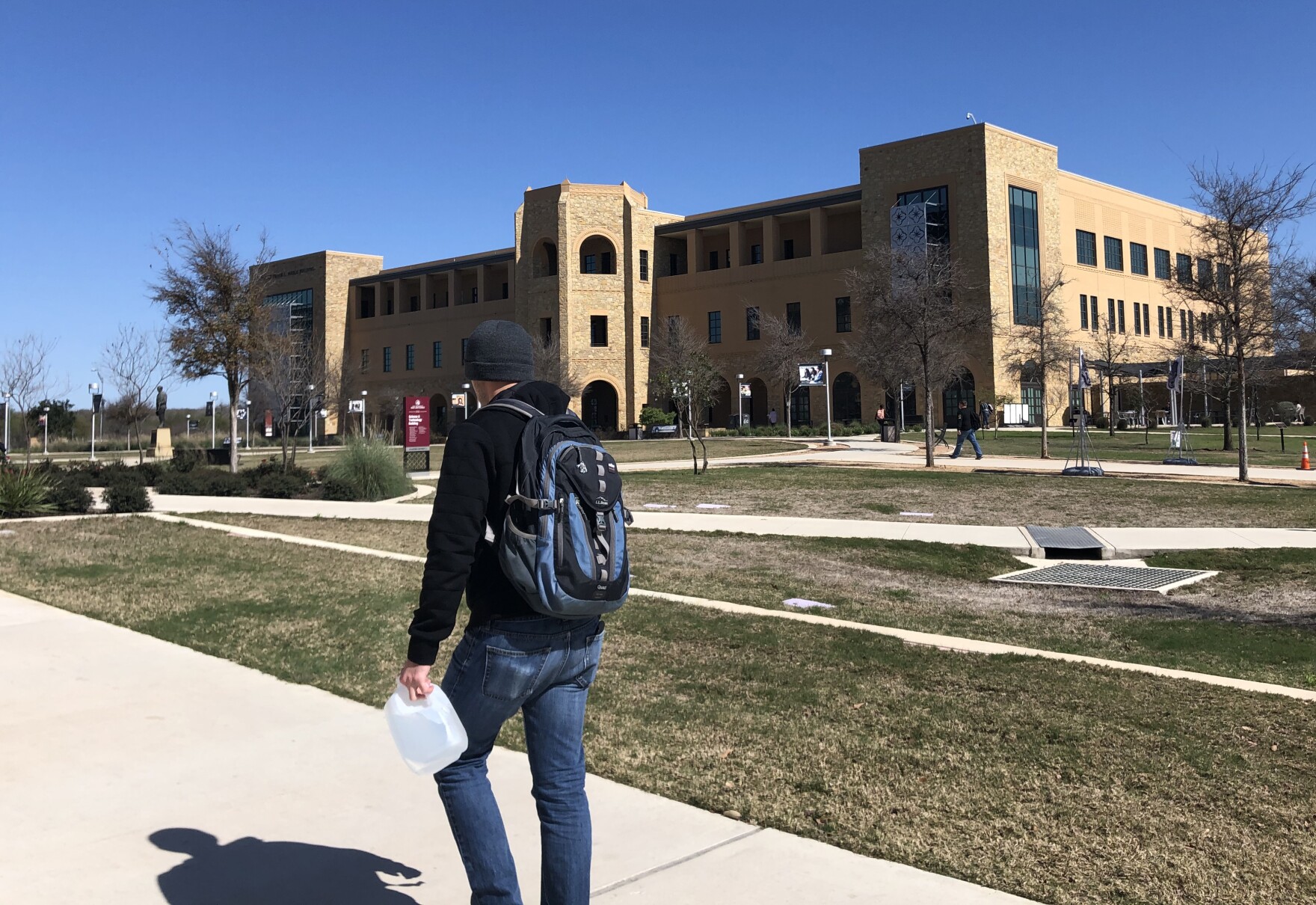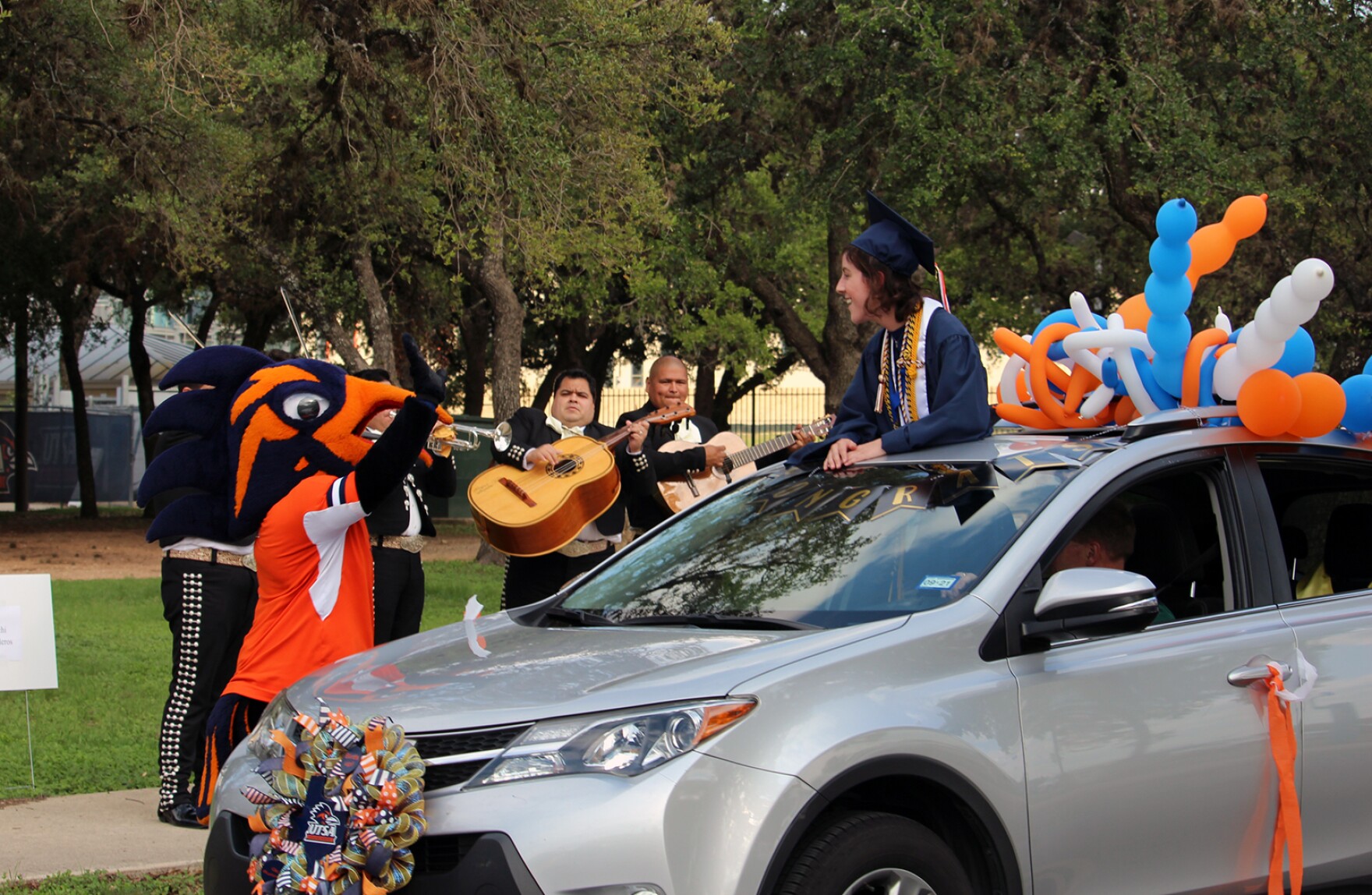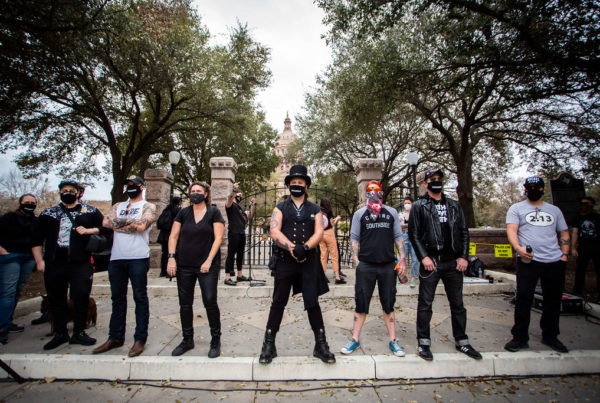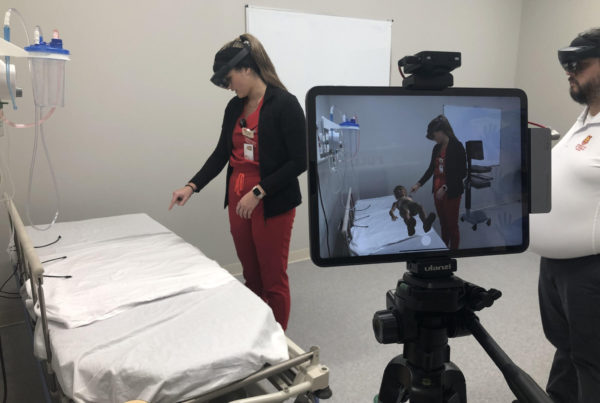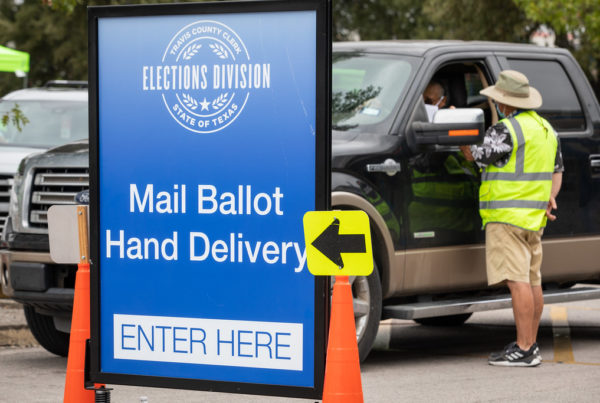Listen to an interview with “The Enduring Gap”‘s creator, Camille Phillips, in the audio player above.
Even though San Antonio is majority Latino, white adults are more than twice as likely to have a college degree. Just 17% of Latino adults in San Antonio have a bachelor’s degree.
San Antonio is 64% Latino. If we can’t get this right, no one can. And there’s a lot at stake if we don’t.
At the beginning of 2021, TPR asked thousands of local students about their college experience. Their responses paint a stark picture of the challenges San Antonio’s Latino students face, from paying tuition to simply putting food on the table, especially during the pandemic.
We took their stories and insights to their college leaders and asked them what they were doing to support Latino students.
Coming soon from Texas Public Radio, this is The Enduring Gap, a limited series exploring the Latino college gap in San Antonio, what can be done to close it, and what the rest of the country can learn from it. Subscribe wherever you get your podcasts.
Here’s a sneak peek at Episode 1:


